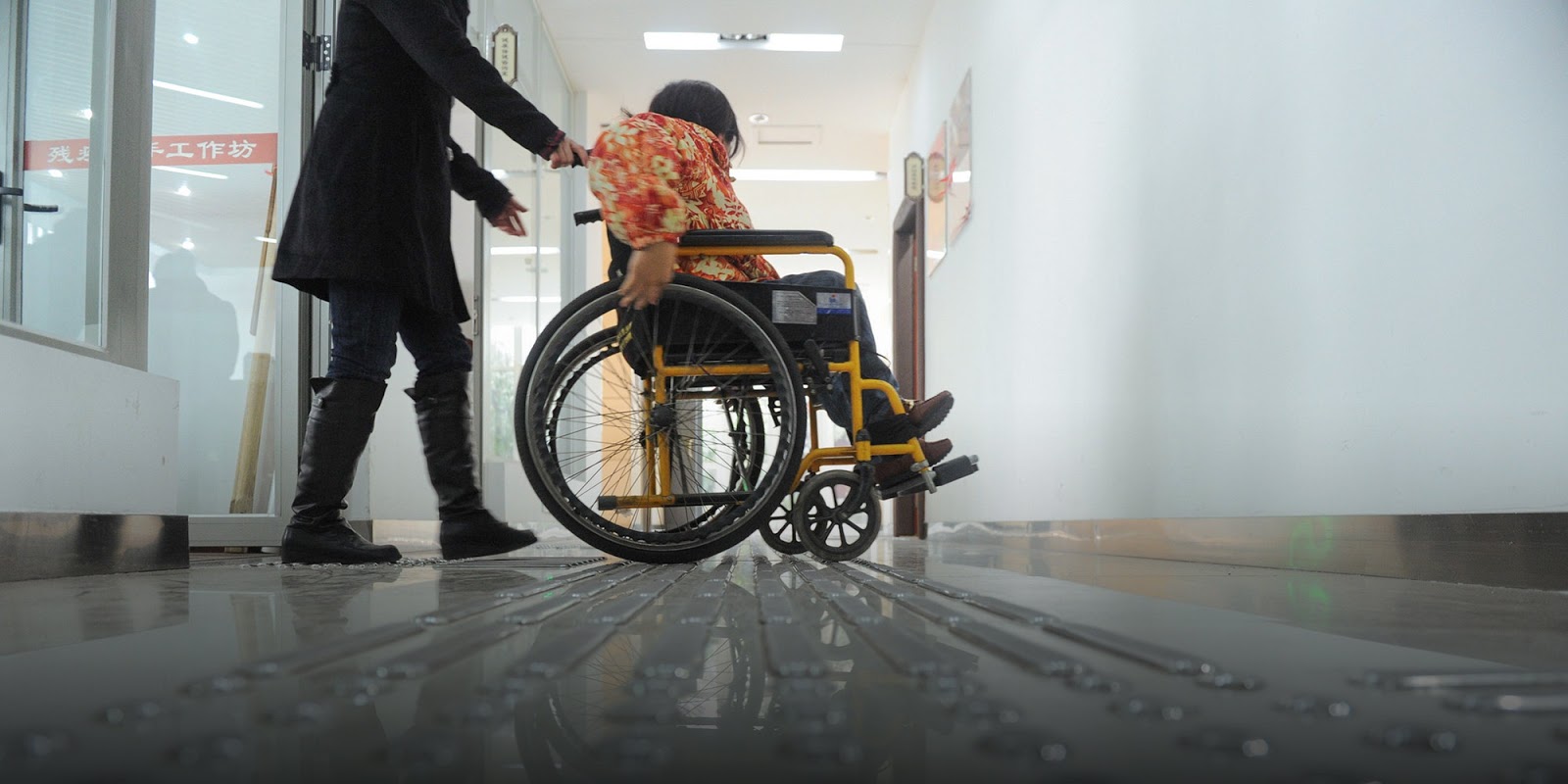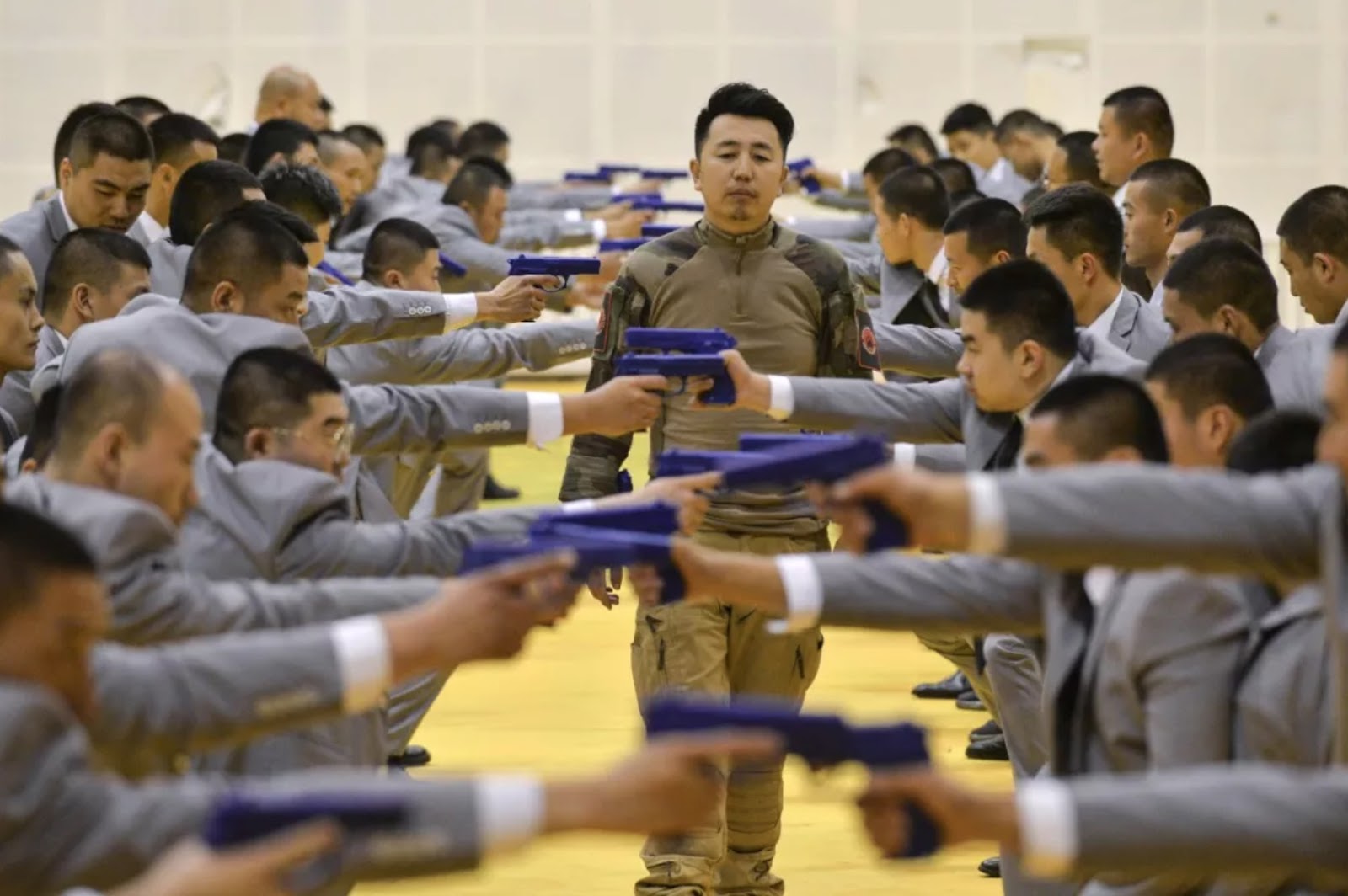Chinese Corner: Eat, stream, and become a millionaire
Chinese Corner: Eat, stream, and become a millionaire

Chinese Corner is Jiayun Feng’s review of interesting nonfiction on the Chinese internet.
Live-streaming into riches and health problems
年入百万的吃播人生:被填满的胃和荷包
Earning 1 million a year by live-streaming eating: Full stomachs and wallets
By 杜雯雯 Dù Wénwén
June 27, 2019
They say the best job to have is one you would do even without pay. This statement rings particularly true in the age of the internet, where there are seemingly endless opportunities for everyday people to make money performing banal tasks, taking advantage of viewers who have an insatiable appetite for visual stimulation, or a longing for companionship, or a simple desire for mindless content.
Perhaps the rise of broadcast eating, also known as muk-bang, is the best example of this. Finding its origins in South Korea, where a group of streamers began broadcasting themselves eating food in 2008 and quickly rose to minor fame, the odd profession has morphed into a global phenomenon in the past decade, with numerous streamers accumulating regular viewers who tune in just to watch them eat.
In China, the industry is flourishing, with an increasing number of attractive young ladies hopping on the trend, trying to make a fortune from their audiences’ tips while eating food on camera. But not all of them are in luck. According to the author this article, while some live-streamers have parlayed their early gains into an online following, others have had to quit because excessive eating was beginning to take a toll on their physical and mental health.

A disability-friendly China for those in wheelchairs?
倒在推广无障碍出行的路上
Pitfalls on the road to promoting barrier-free travel
By 王景烁 Wáng Jǐngshuò
July 17, 2019
There are more than 85 million disabled people in China, and many of them rely on wheelchairs to get around. But the country is a hostile environment for those who have mobility problems. According to 2017 research by the China Disabled Persons’ Federation, only 40.6 percent of the facilities it surveyed in more than 100 cities offered barrier-free access to wheelchair users. To make things worse, a significant portion of these disability-friendly paths were either blocked, badly maintained, or terribly designed.
To advocate for a more accessible and inclusive China for people with limited mobility, Wén Jūn 文军, a 47-year-old man who was paralyzed after a car accident about 20 years ago, founded a Beijing-based non-profit earlier this year that is dedicated to providing education and resources to those suffering from paralysis.
Wen organized more than 10 long-distance trips with group members, who traveled together across cities trying to make more facilities aware of their lack of accessibility. But everything ground to a halt earlier this month when Wen died after tumbling down the entrance of an underground parking garage in his wheelchair.
That fact that the incident happened during his commute on a typical day says a lot about the risks that disabled people face into on a day-to-day basis. “This is so sadly ironic,” an acquaintance of Wen’s told China’s Youth Daily. This article dives deep into Wen’s life and the everyday challenges faced by Chinese people in wheelchairs.

The man who runs a bodyguard training school
一个富豪明星保镖的两张面孔
Two faces of a billionaire’s celebrity bodyguard
By 崔一凡 Cuī Yīfán
July 4, 2019
Once seen as the preserve of high-profile government officials or celebrities, bodyguards — also known as private close protection officers — are now in high demand in China for an expanding variety of clients, especially well-off individuals who fear kidnapping and want extra protection for their families.
To capitalize on the growing demand, Chén Yǒngqīng 陈永青, a former military man and a veteran bodyguard who has served dozens of well-known figures, opened a bodyguard training school in Beijing, where he teaches students a multitude of skills required for a competent security operative in real life, a profession that often gets portrayed inaccurately in films and television.
In the article, journalist Cui Yifan delves into the booming close protection industry in China and offers descriptions that very likely may defy what you think of the job.

Things that I read and liked this week:
- “国产电影撤档月”,什么最悲哀? What’s the saddest thing about this “domestic film cancellation month?”
- 长相即筹码?当中国男性开始整形 Appearance is currency? When Chinese men start getting plastic surgery
- 大张伟:放弃了朋克,倒更像个朋克 Da Zhangwei: Even more punk, after giving up punk
- 北京离异女精英的私密服装店 The private clothing store for divorced elite women in Beijing
- 为什么中国女人痴迷双眼皮 Why are Chinese women obsessed with double eyelids?
- 一万辆共享单车,离开“坟场”到缅甸 10,000 on-demand bikes travel from “graveyard” to Myanmar
- 海底来的人:中国初代模特队传奇 People from the bottom of the sea: The legend of China’s first generation of professional models








